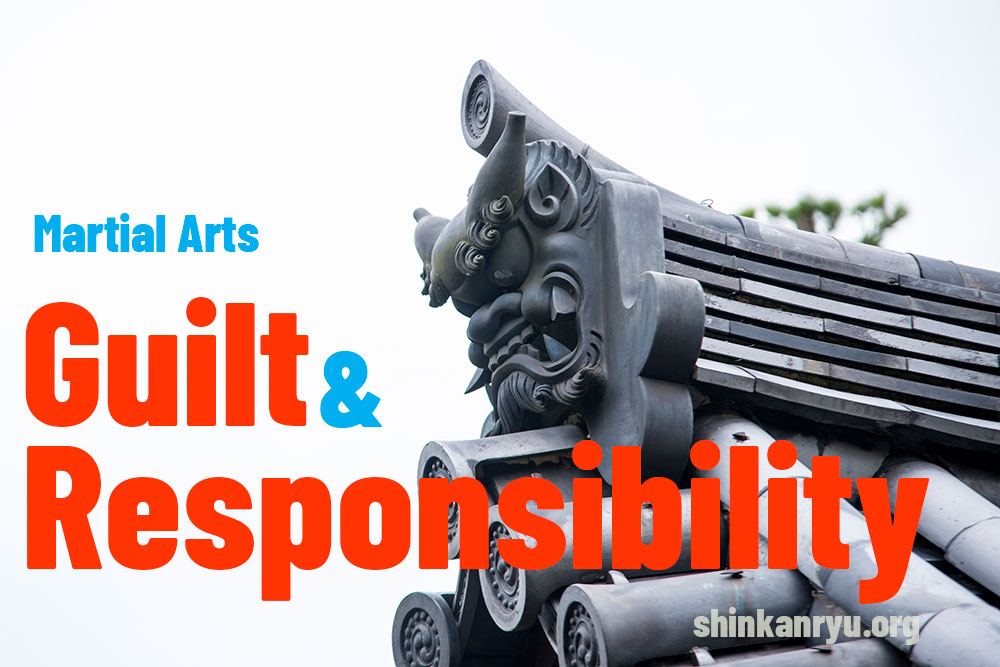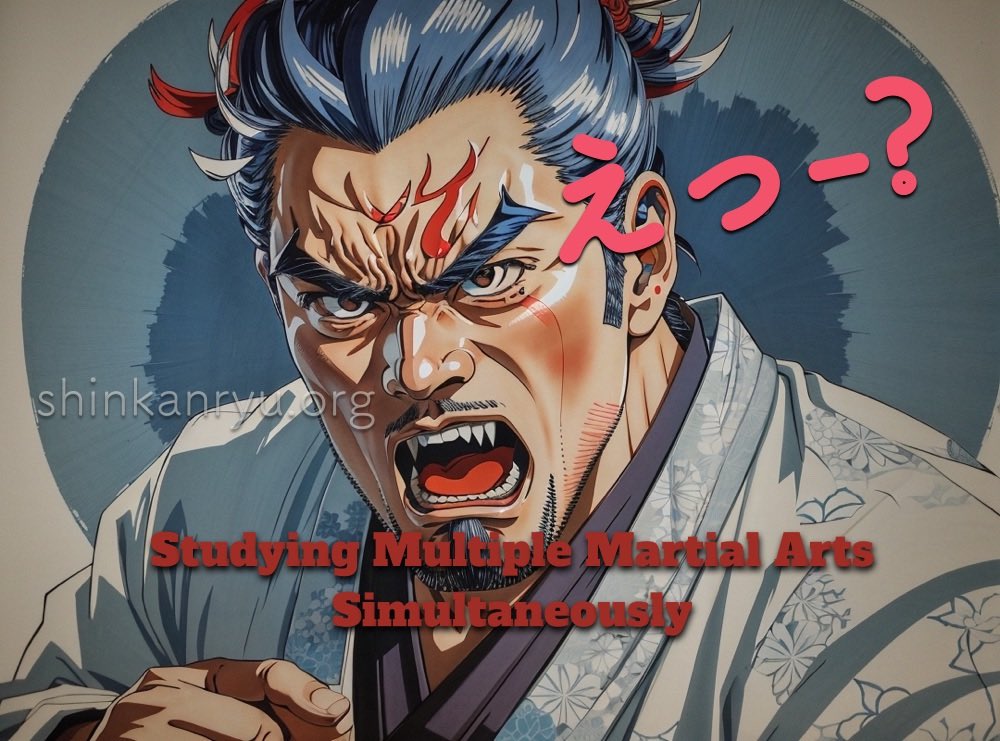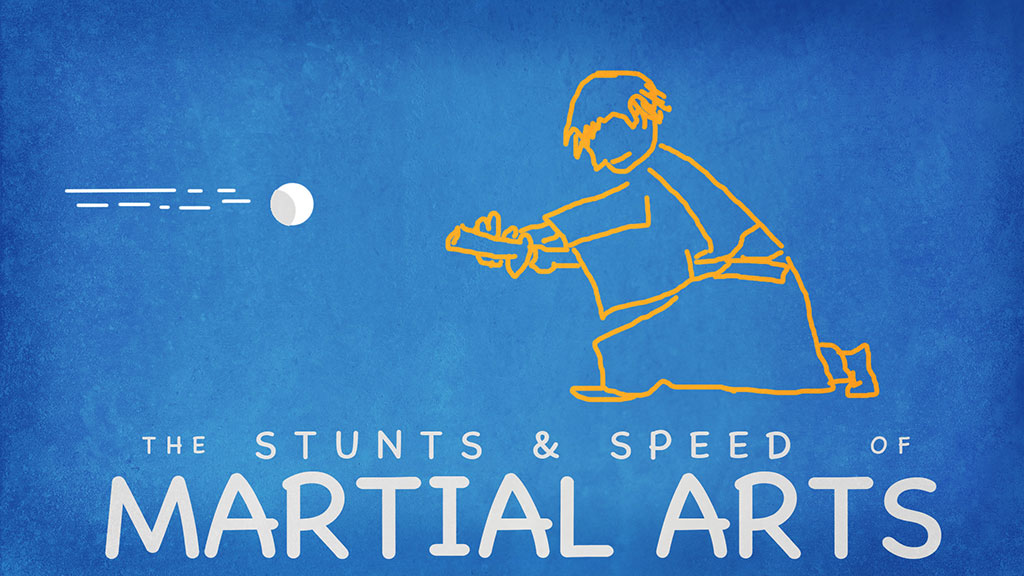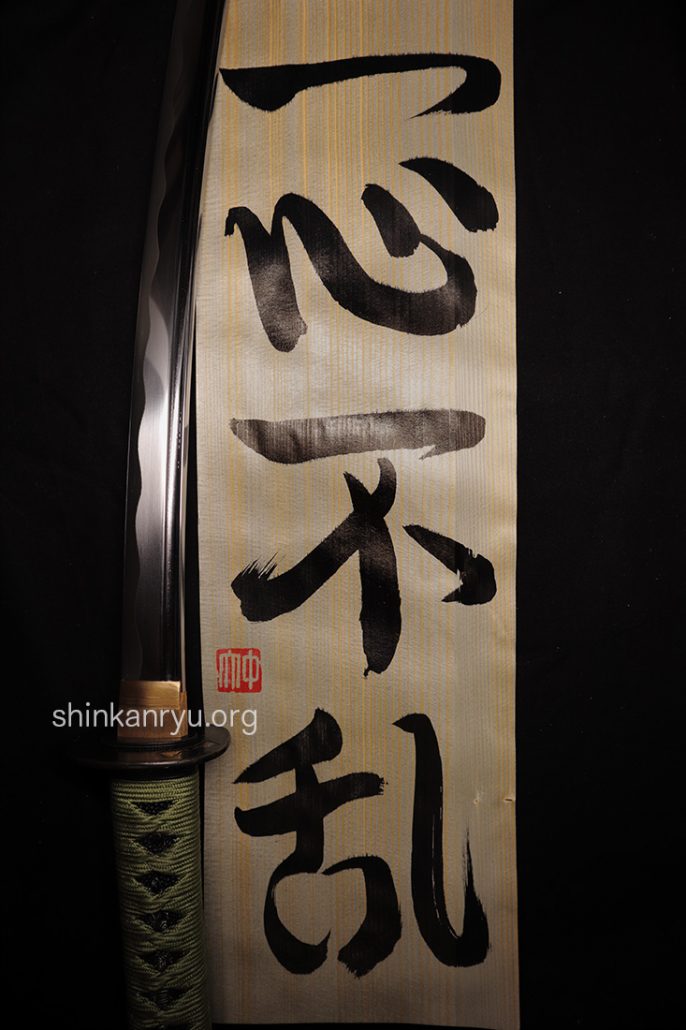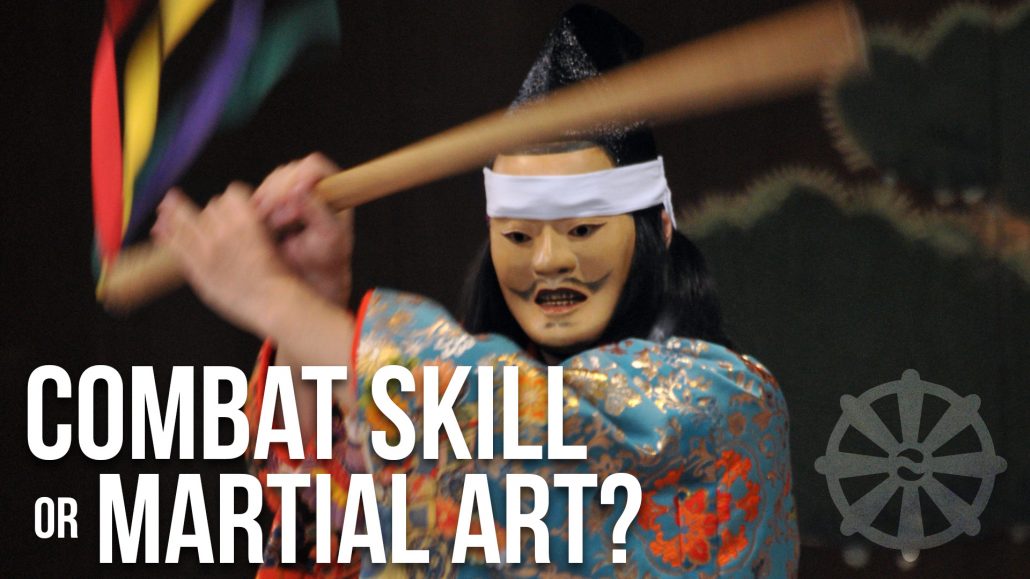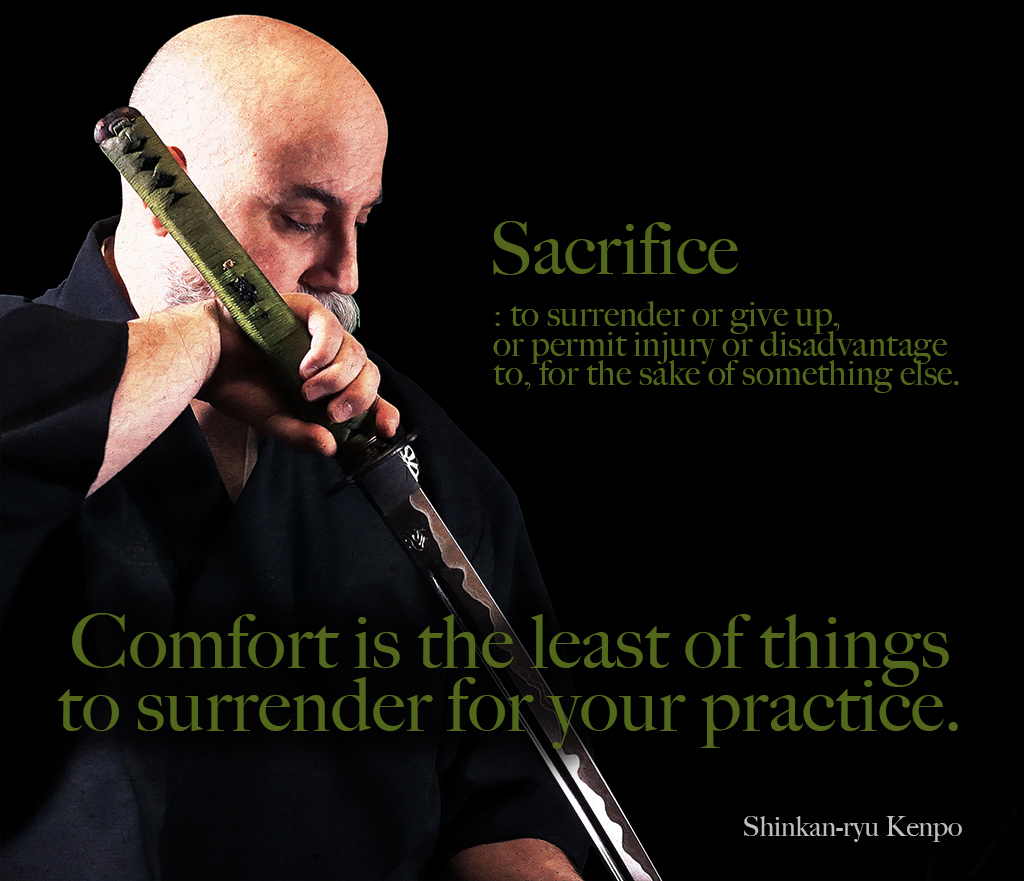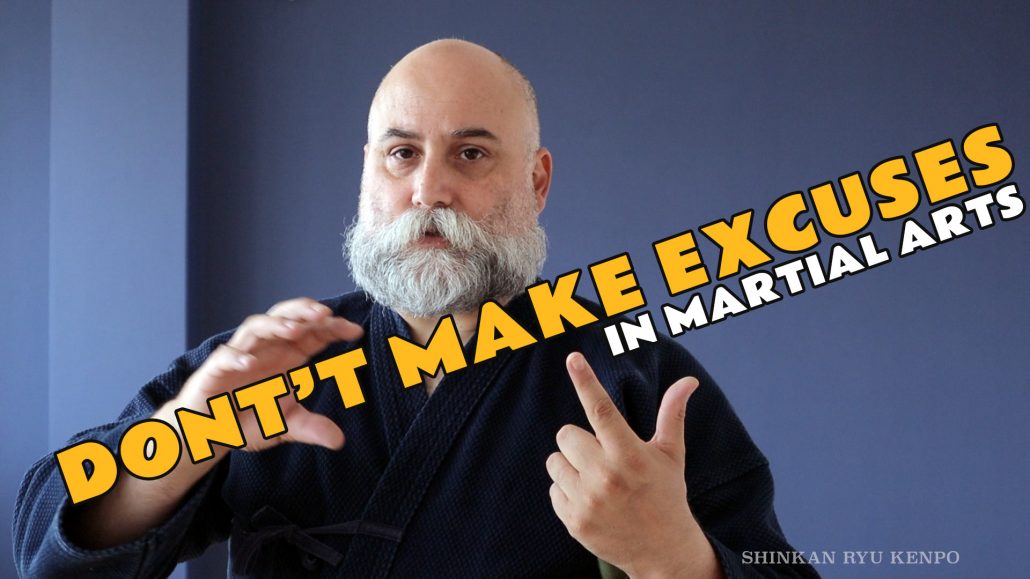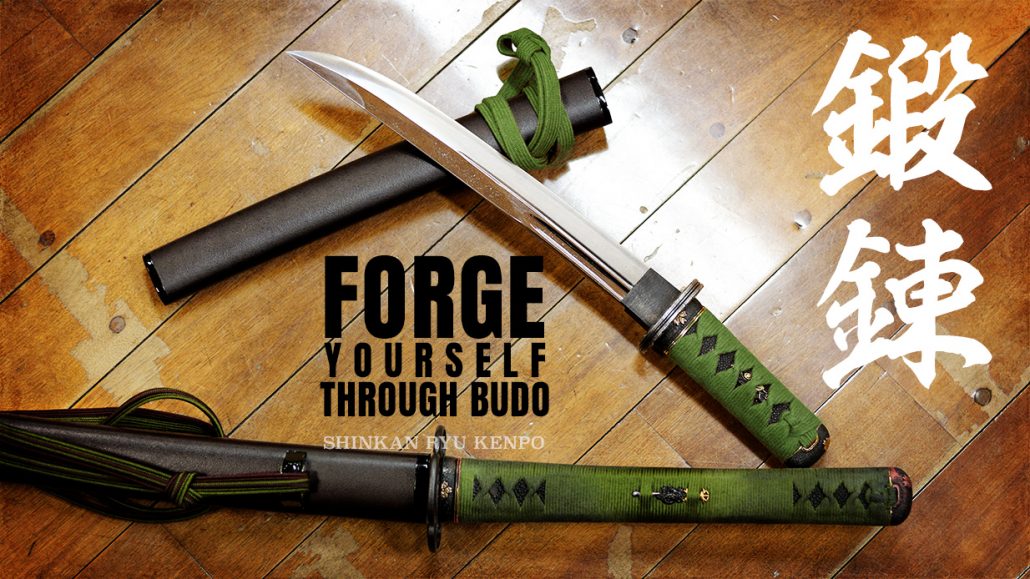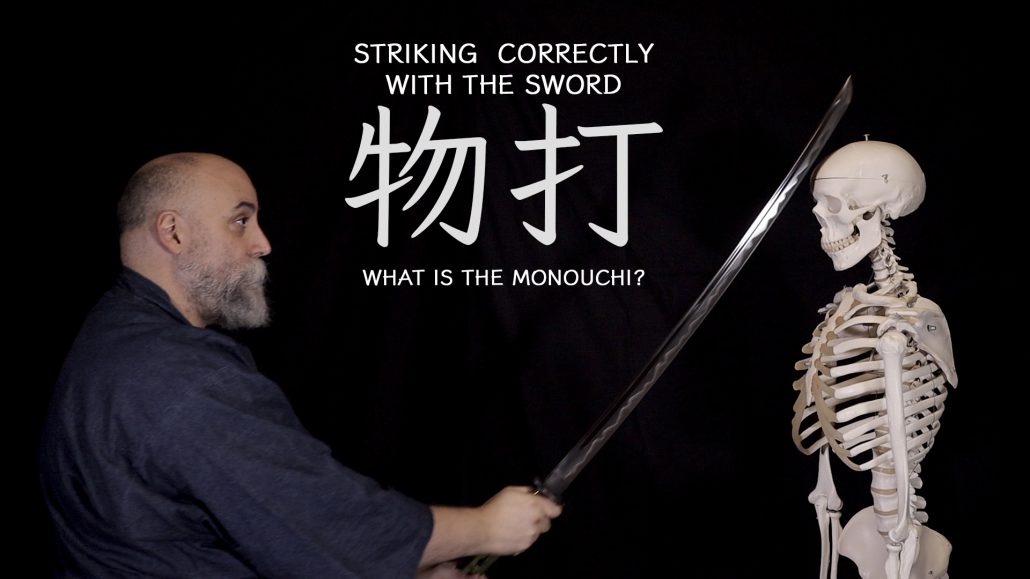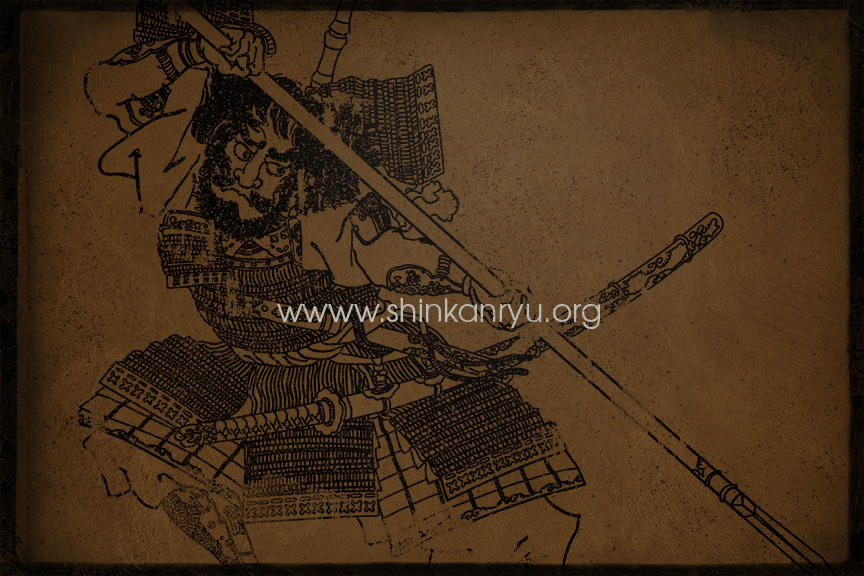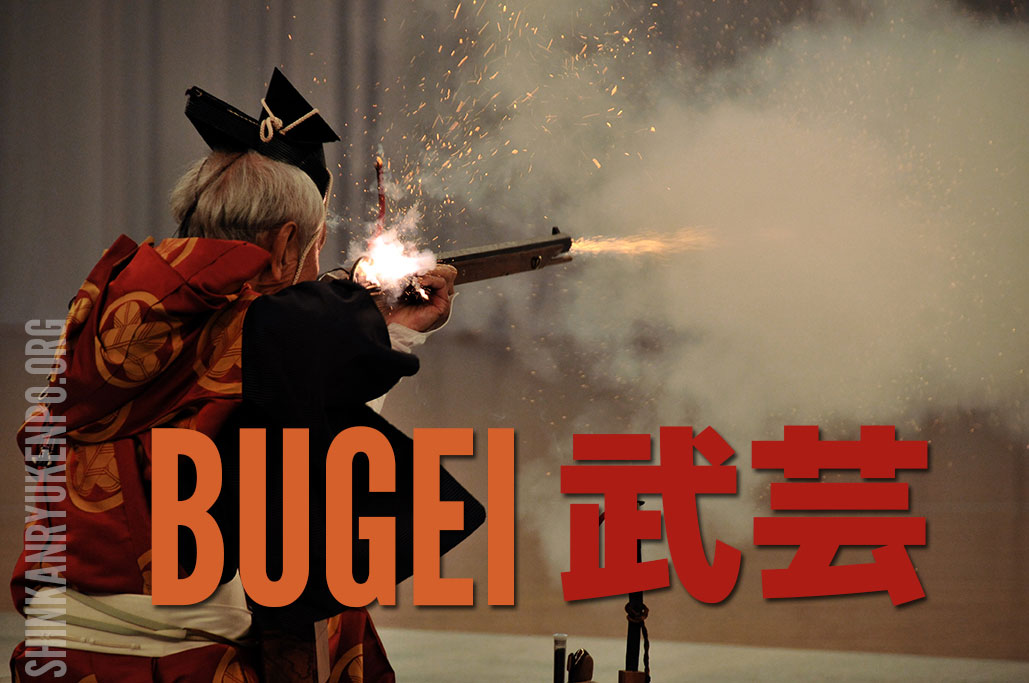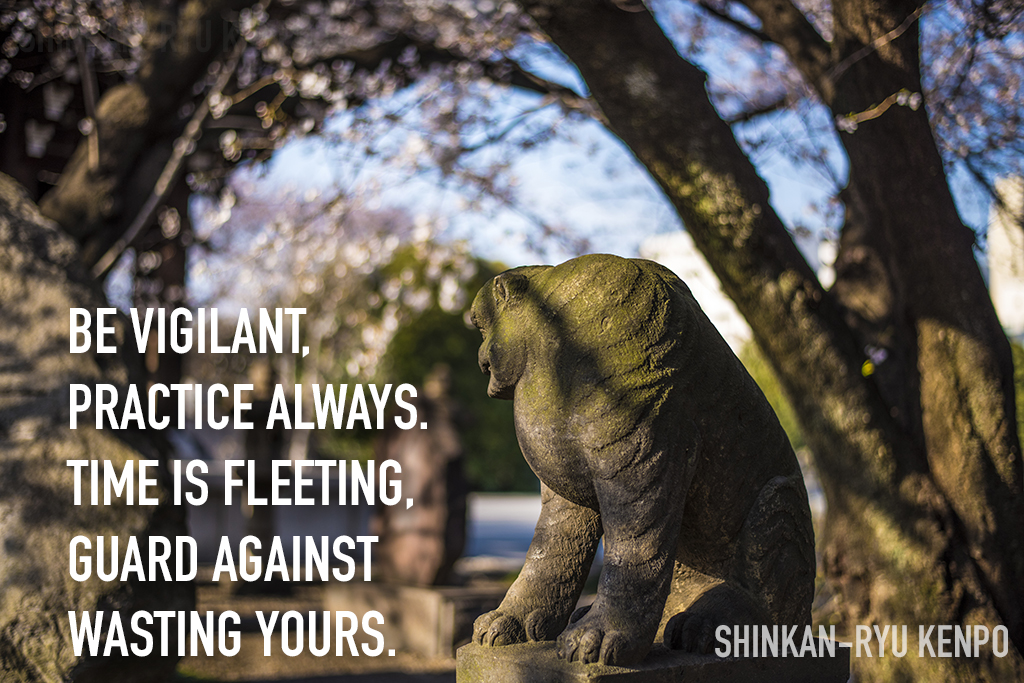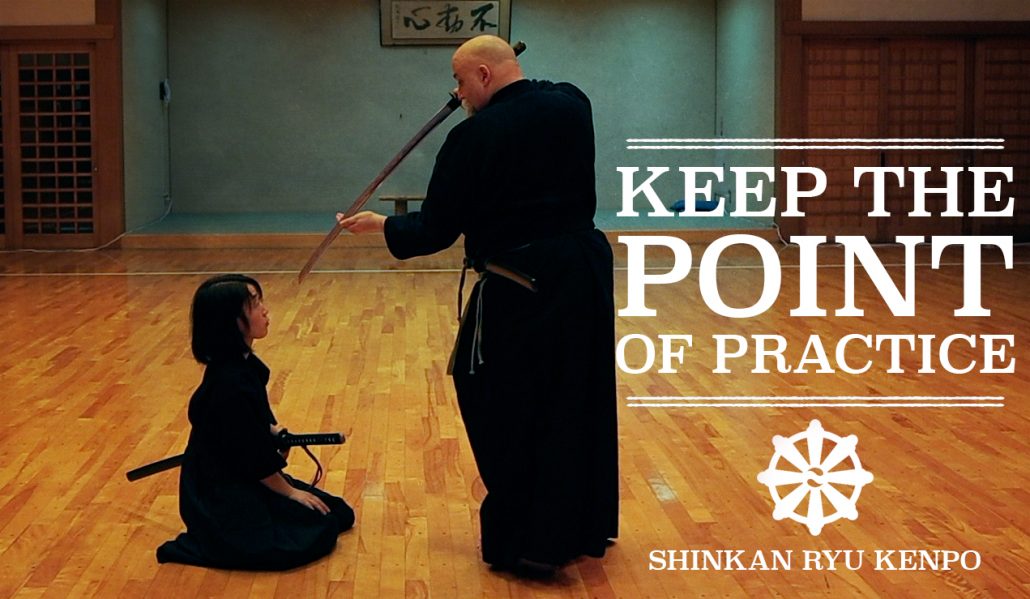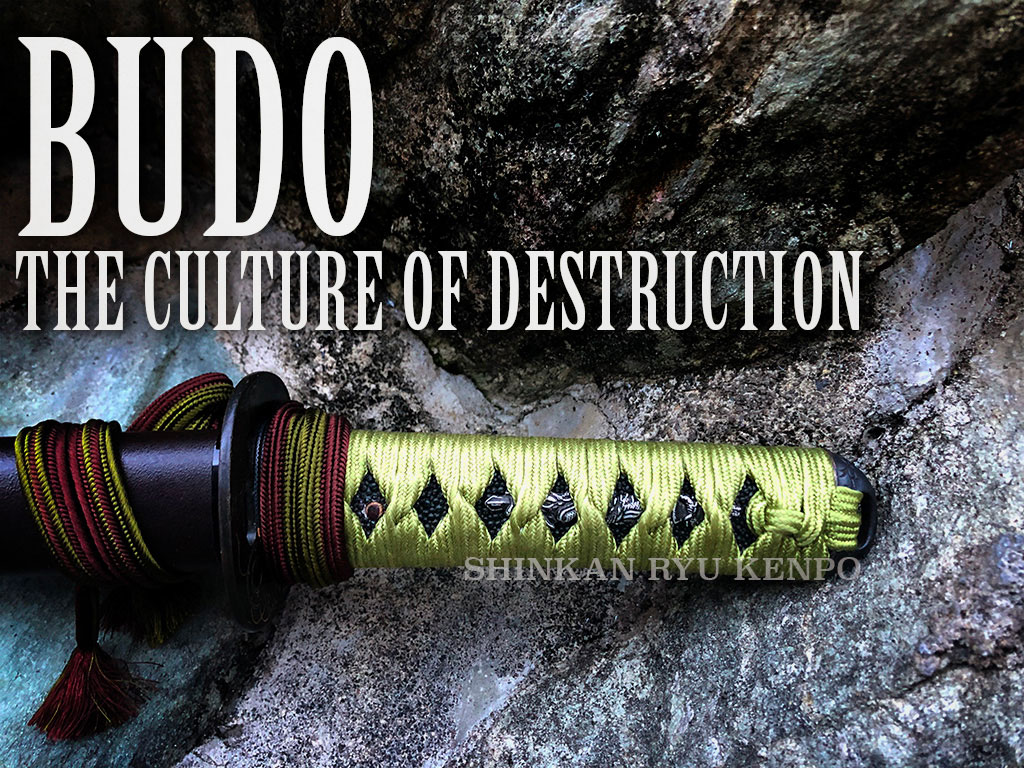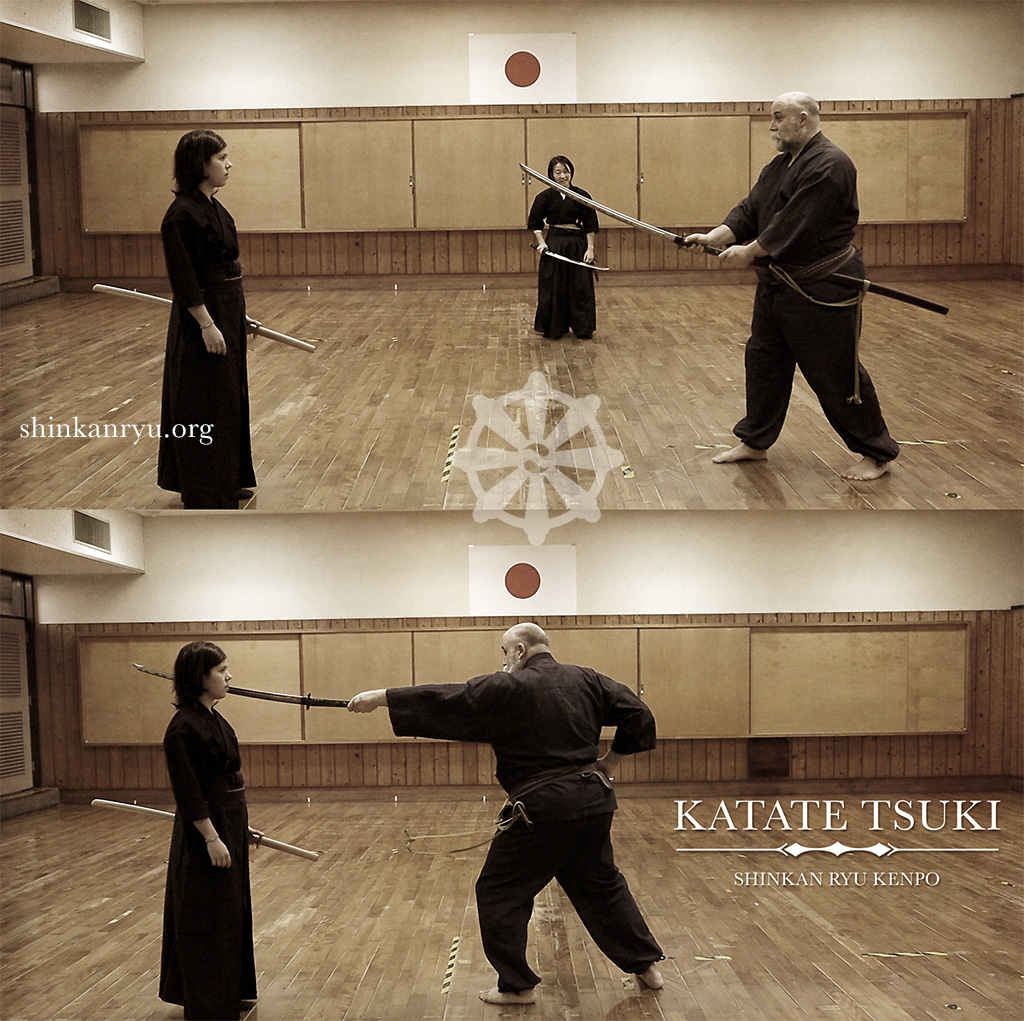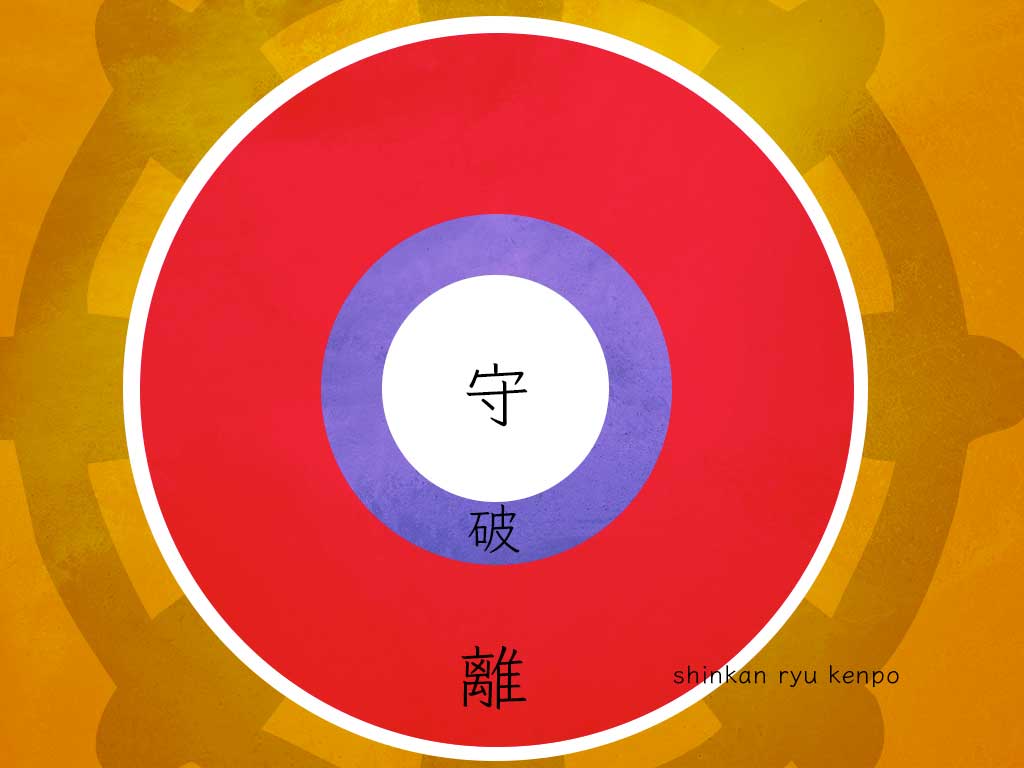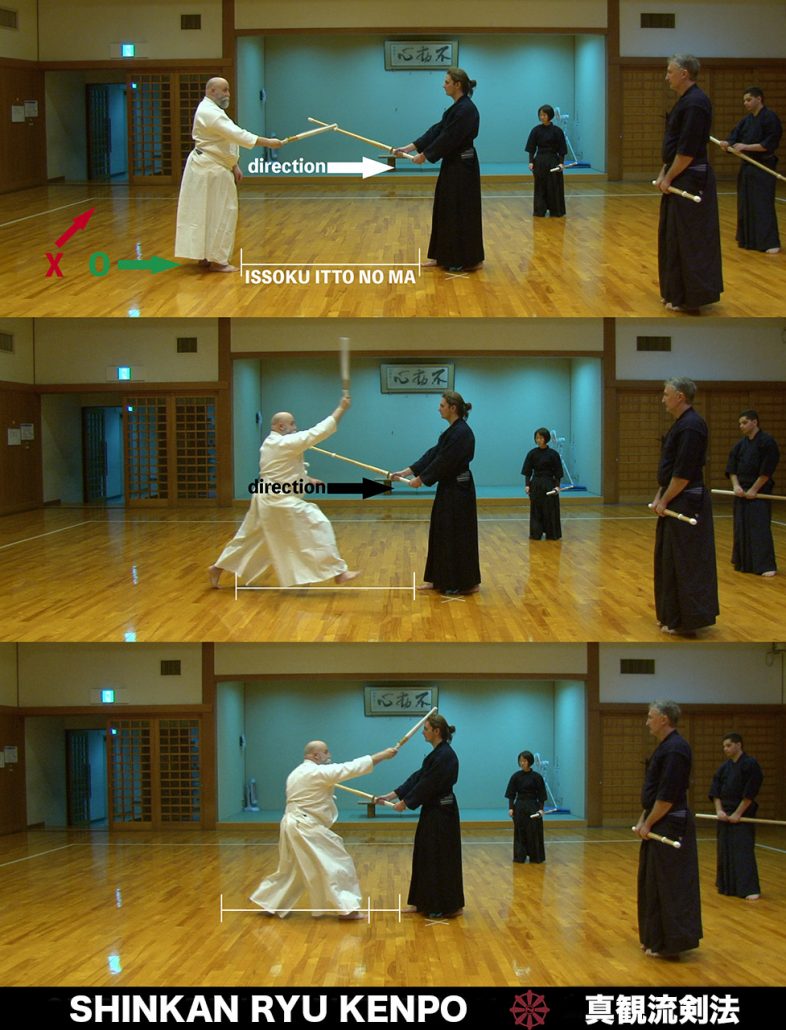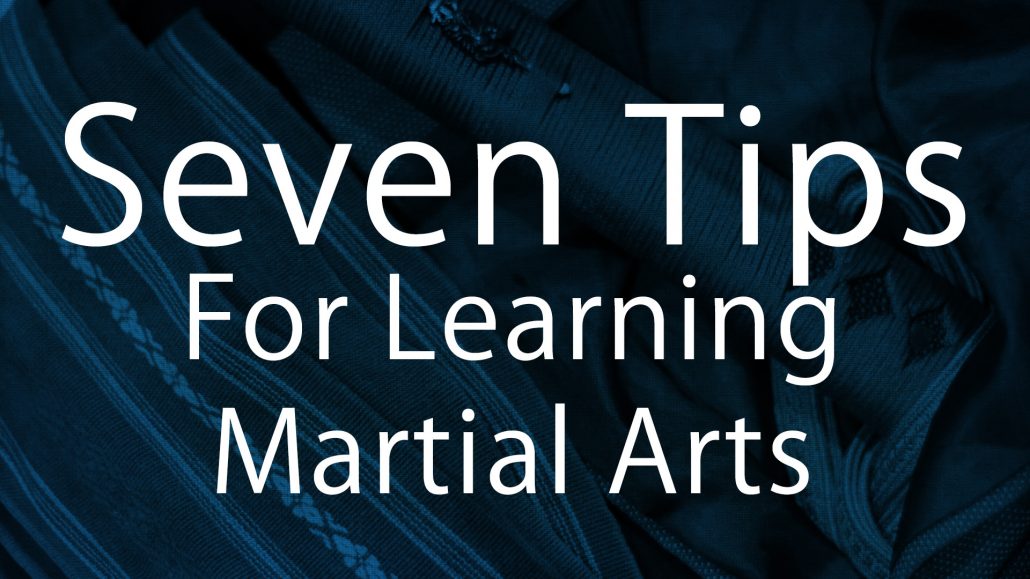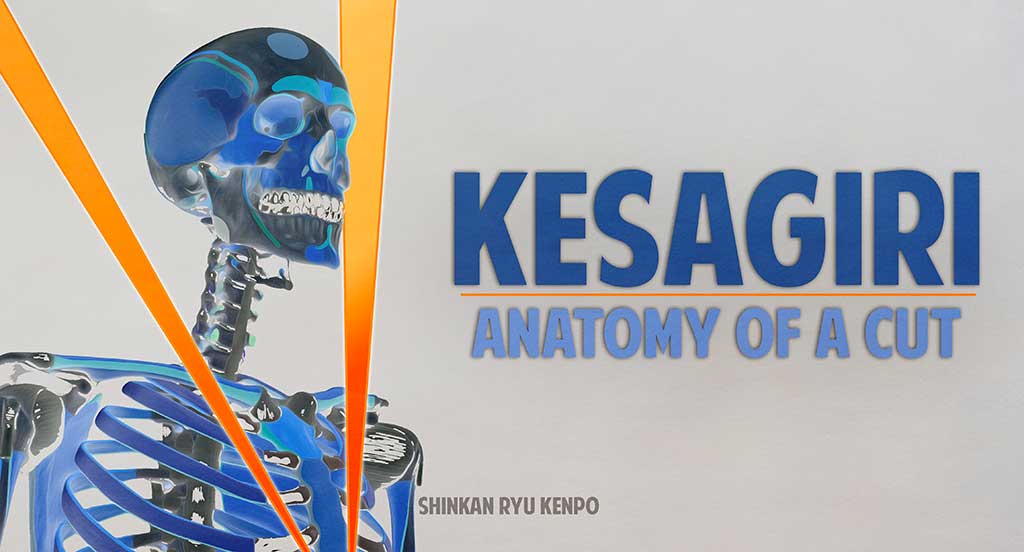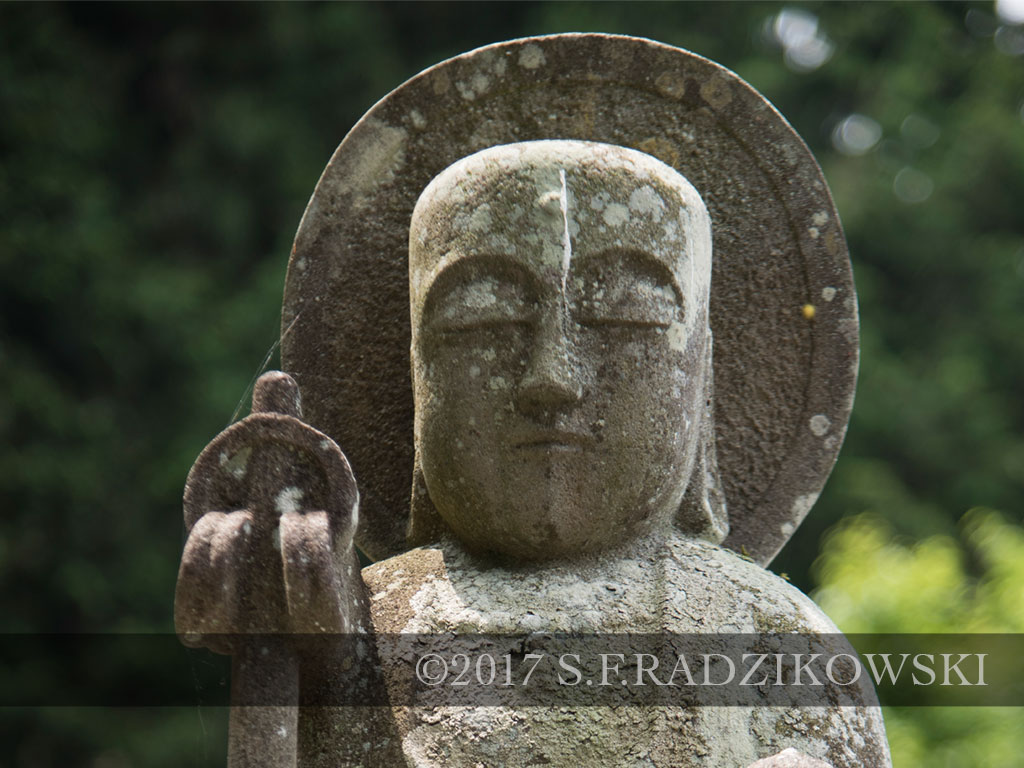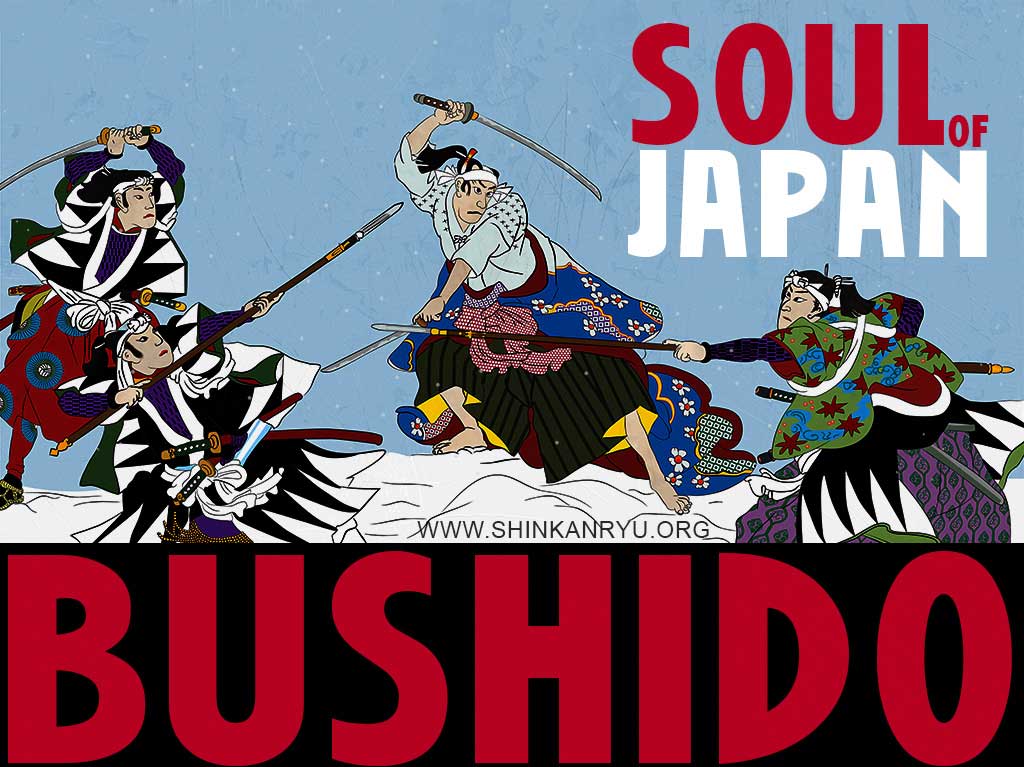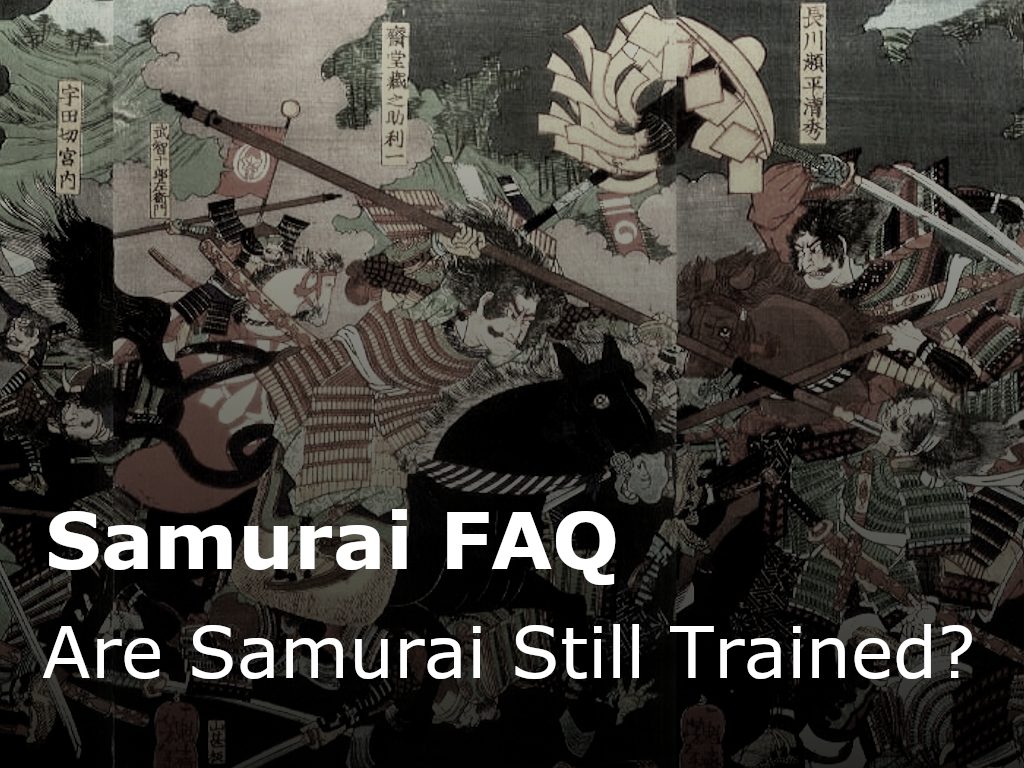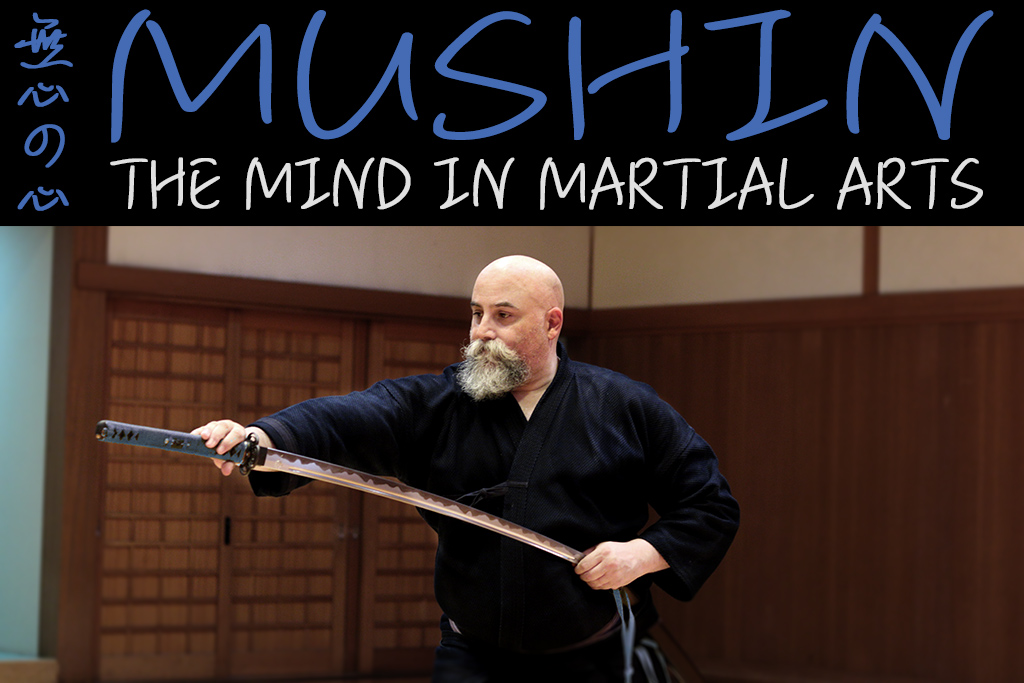I heard a student say, "If I don’t do any kind of training every day, I feel a strong sense of guilt." When I heard that, I felt uncomfortable. As a teacher, the last thing I want my students to feel is guilt. While our training expectations and requirements are not lenient, there is no reason someone should feel guilt. Seeing students guilty should be a red flag for any martial arts teacher. There should be an immediate reflection on the messages they give their students regarding training and the school. As a martial artist, if you feel guilty, it might be time to think about your mindset.
I do not want any students to feel guilt, or to even fuel feelings of guilt for themselves. When we join a martial arts school it is to learn. We want to learn many things. The techniques, the school's philosophies of combat, mental health, better physical condition, and often to simply enjoy something we have an interest in.
Guilt certainly serves its purpose. It is not inherently bad to feel guilty. We should not feel a strong sense of guilt, however, regarding not training. Nor should we stoke feelings of guilt for not fulfilling our training duties as students. Guilt can present a feeling of powerlessness in ourselves that we are just a slave to something without control. I am not saying guilt is solely unhealthy and to be avoided in life. Guilt serves as a mechanism from which we can learn something. There is a good reason to feel guilty after cheating or lying to someone. When we go against our morals guilt serves as a checking mechanism. It is natural.
We should not be a slave to our bujutsu.
If we want to learn, the hard fact is training physically and mentally as often as we can is the road we must tread. The person who shows up to class three times a week will learn more than the person who shows up sporadically. As students, we should clearly understand some responsibilities that go along with studying bujutsu.
Responsibility is about having power and control yourself. You have control over your decisions. You have the power to train. Keiko is our responsibility as students in a school. Training should be hard to skip for small reasons as it builds our skill step by step, very literally. Feeling responsible as part of the school is a positive experience, whereas feeling guilty becomes quite negative. Being responsible for our keiko evolves from a desire to improve ourselves.
Be careful about any teacher guilting you into doing things. Be wary when you start using guilt as a means to get things done in your bujutsu keiko. Having a healthy sense of responsibility for your training will go a long way to serve you well.
While we should push ourselves, sometimes there are days when skipping training might be a good idea. There is no reason to feel guilty about that. Most of the time, pushing past the minor issue and performing keiko will benefit you and the school. Don't feel guilty about not performing keiko; feel responsible, and understand why you should and shouldn't perform keiko on any given day. Talk to your teacher and senpai if you are confused about training.
©2020 S.F.Radzikowski

ラジカスキー真照
館長Saneteru Radzikowski is the head sword instructor of Shinkan-ryū Kenpō. He lives and teaches Iaijutsu and Kenjutsu from Nara, Japan.
Is Studying Multiple Martial Arts Ok?
Many people study more than one martial art. There can be varied reasons, such as...
Speed, Martial Arts and Samurai Theater
What’s the difference between bugei 武芸 (martial arts) demonstrations and stunts? People are awed by...
Bujutsu Thoughts Issin-furan
[fusion_builder_container hundred_percent="no" hundred_percent_height="no" hundred_percent_height_scroll="no" hundred_percent_height_center_content="yes" equal_height_columns="no" menu_anchor="" hide_on_mobile="small-visibility,medium-visibility,large-visibility" status="published" publish_date="" class="" id="" background_color="" background_image="" background_position="center...
Are Combat Skill, Self Defense & Martial Art The Same?
Why make the distinction between martial art and combat skill? I believe that combat skills...
Budō Practice & Sacrifice
[fusion_builder_container hundred_percent="no" hundred_percent_height="no" hundred_percent_height_scroll="no" hundred_percent_height_center_content="yes" equal_height_columns="no" menu_anchor="" hide_on_mobile="small-visibility,medium-visibility,large-visibility" status="published" publish_date="" class="" id="" background_color="" background_image="" background_position="center...
Making Excuses In Martial Arts
In the dojo, when I hear a student offer excuses to a teacher, I can...
Forge Yourself Through True Budo
You can jump and twirl around and whip about your sword as quick as you...
Striking with the Katana: What is the Monouchi?
https://youtu.be/pXpzSBLGkbI
Waza: Quality or Quantity?
Waza Waza Everywhere In our respective martial arts systems, we learn many waza 技 (techniques)....
What does Bugei mean?
Bugei translates as Martial art, Military arts, or Arts of war. Bu 武 means warrior...
Practice. Time Is Fleeting
In #budo as well as life, in general, we should avoid wasting time. We need...
The Point of Iaido & Tame
Pardon the pun, but the point of iaido is important to keep. When we practice...
Budo: The Culture of Destruction
The desire to destroy is within us all. We must overcome this urge to tear...
Katate Tsuki-One handed Thrust Iaijutsu
[fusion_builder_container hundred_percent="no" equal_height_columns="no" menu_anchor="" hide_on_mobile="small-visibility,medium-visibility,large-visibility" class="" id="" background_color="" background_image="" background_position="center center" background_repeat="no-repeat" fade="no" background_parallax="none" parallax_speed="0.3"...
Shu-ha-ri Budo Learning
Maai Combative Spacing
Maai 間合い Combative spacing or maai is important to investigate early on and come to...
Seven Points For Learning Martial Arts
I am often thinking about how to learn bujutsu productively. The efficiency of body and...
Kesagiri: Anatomy of A Sword Strike
In Japanese swordsmanship, there have been many hundreds of schools. There are, however, only a...
Is Compassion Important In Martial Arts?
What is compassion? Compassion is a concern for the suffering or problems of others. The...
Bushido: The Soul of Japan
The code of the samurai is always popping up in martial arts circles and popular...
Samurai F.A.Q
Are samurai still trained in Japan? Are there samurai schools? The short answer is, No.Samurai...
Mushin State of No Mind In Martial Arts
I would like to express my thoughts on the concept of mushin no shin —...


